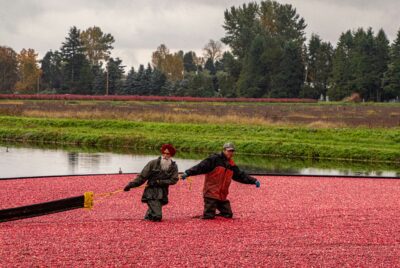RESEARCH
The Perceived Restorativeness Scale Supports Horticultural Therapy in Hospital Green Areas, Data From 294 Questionnaires
Summary
This research aimed to evaluate how a garden environment can help people feel refreshed and renewed, especially those affected by stroke outcomes and neurodegenerative diseases like Multiple Sclerosis and Parkinson’s disease. A questionnaire called the Perceived Restorativeness Scale (PRS) was used to measure this effect. The study involved 294 participants, including patients, their caregivers, and hospital employees, who were divided into three groups: those working in the garden, those walking in the garden, and those who occasionally looked at the garden without regularly visiting it.
The questionnaire, which took about 4-5 minutes to complete, assessed four factors: being away (a break from routine), extent (exploration and orderliness), fascination (the garden’s interesting qualities), and compatibility (how well the garden suits one’s personality). The results indicated that engaging with the garden, whether through work or walking, had significant restorative effects, much more so than just occasionally looking at it.







